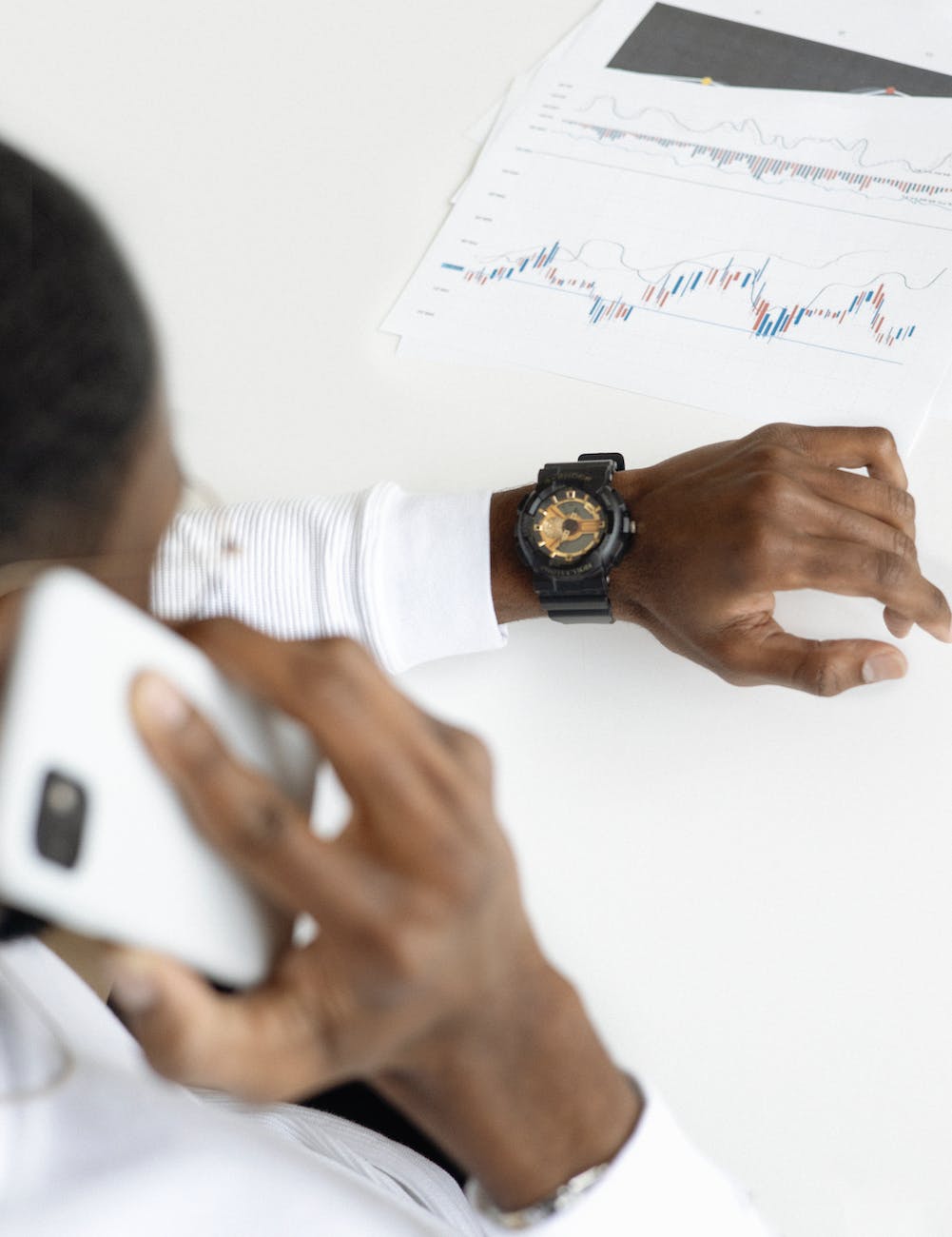


Can a mere glance at a smart phone make a bid protest untimely?
There are plenty of good reasons not to have your work email on your phone—work-life balance, setting reasonable boundaries, being present—but GAO recently came up with a new and unexpected reason: making sure your bid protest is timely.
In Infotrend Inc., GAO found a protest untimely because the company CEO opened an email on his cell phone after hours.
The company, Infotrend Inc., had bid on the $50 billion NIH Information Technology Acquisition and Assessment Center (“NITAAC”) Chief Information Officer-Solutions and Partners 4 (“CIO-SP4”) Government-Wide Acquisition Contract (“GWAC”). You might recall we’ve mentioned it before.
NITAAC did not select Infotrend’s proposal to proceed from phase 1 to phase 2 of the competition in the 8(a) tract. It told Infotrend the news on March 20. Infotrend timely requested a debriefing. NITAAC emailed the debriefing to the CEO on March 28 at 5:22 p.m. Eastern. It was a Tuesday and Infotrend had closed for the day about twenty minutes earlier.
What happened next ultimately led to dismissal of Infotrend’s protest. The CEO looked at his phone.
Seeing an email from “CIO-SP4 Proposals” with the subject line “Pre-Award Debrief Request Notification” the CEO opened the email and forwarded it to several colleagues without reading it.
The general rule is that a protest is due 10 days after a company receives its debriefing. In this case, it was undisputed that Infotrend filed its protest on April 10, more than 10 days after March 28. Because April 10 was a Monday, had it received the debriefing officially on March 29, the 10th day would have been a Saturday, which would have made the deadline the next Monday (April 10th) and the protest would have been timely.
So the question at the heart of the case was when did Infotrend legally receive its debriefing? It argued the 29th because the debriefing had arrived after the close of business on the 28th.
You might think this is an easy one. The 28th right? That’s when the email came. Not so fast. When information comes in after hours it matters whether the person/entity had actual or constructive knowledge. If the CEO had actual knowledge of the debriefing on that date, then that would settle it, he would have received it on the 28th. But the CEO swore that he did not read the email. So he did not have actual knowledge of it contents.
GAO has long held that protesters are on constructive notice of information received during normal business hours. Again, it is undisputed that the email arrived after 5 p.m. Eastern, generally agreed to be after normal business hours and in this case factually after Infotrend had closed for the day.
So the 29th then? Wrong again.
If the CEO had never looked at his or her phone that would have been the case. But GAO held that the act of opening the message to forward it and therefore having the ability to read the message (even though he did not) put the company on constructive knowledge of the message’s contents. GAO said that opening the email to forward it was “conducting business outside of normal business hours” and dismissed the protest for being late.
See if you can follow the bouncing rationale here: All agree the email was received after hours and that the person who received it did not have actual knowledge of its contents, but the person took an action that could have allowed them to have knowledge of the contents, so because they could have that knowledge we’re going to presume they did, even though we all agree as factual matter they did not.
Tough way to lose out on a $50 billion contract.
You might guess by the tone of this post that I’m not too keen on this decision. That’s not exactly true. GAO’s analysis of the rule made sense (and besides GAO noted in the decision that it would have dismissed anyway because procedurally the protest failed to establish timeliness). So my issue is not any particular injustice done to this protester. It’s the rule itself that needs work.
You shouldn’t have to be a lawyer to understand something as simple as when you received an email. Glancing at your phone during dinner shouldn’t decide the fate of something as important as timeliness of a bid protest. In a world where everyone has a smartphone and most people use them to conduct business, that feels like a trap.
What would be better, in my opinion, is to draw a clear line. GAO should either say that emails are legally received on the day they hit the inbox regardless of time of day or it should say they are legally received the next day if the email comes in after hours. It’s that simple.
GAO already has a rule that says that a “document is filed on a particular day when it is received in EPDS by 5:30 p.m., Eastern Time.” There’s no wiggle room at all. 5:29 is early. 5:31 is late. It could easily extend that rule to receipt of a debriefing, etc.
That’s simple and easy for protesters to understand. In the meantime—beware of after hours cell phone dings.